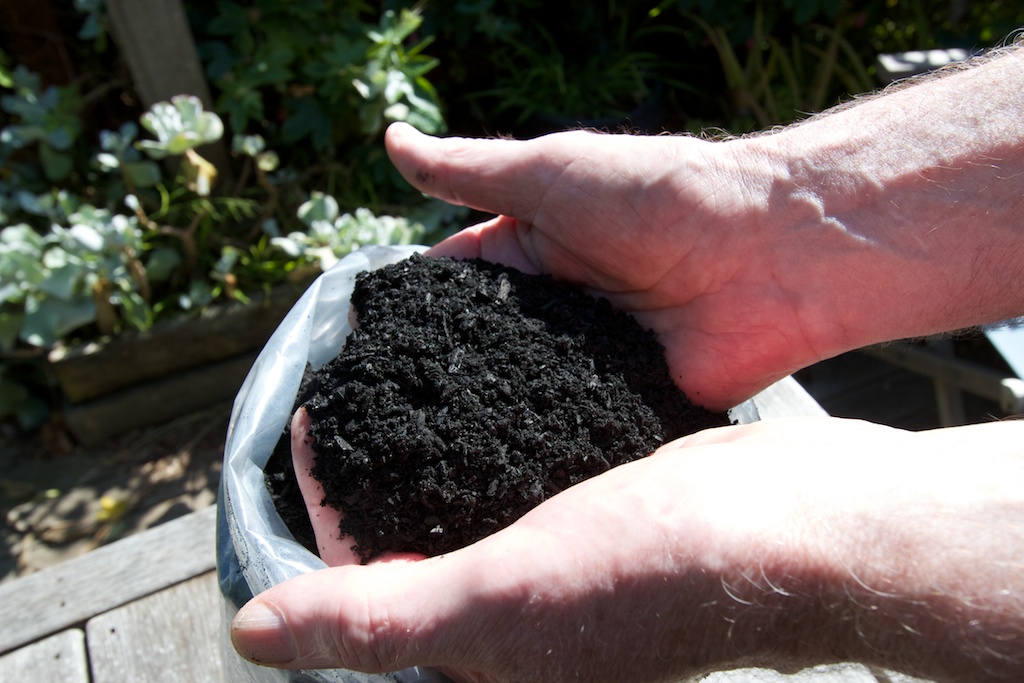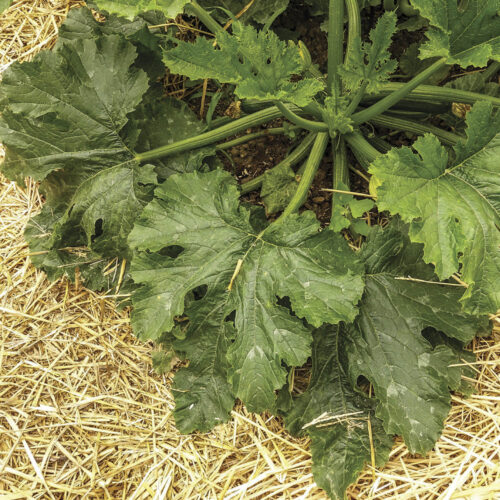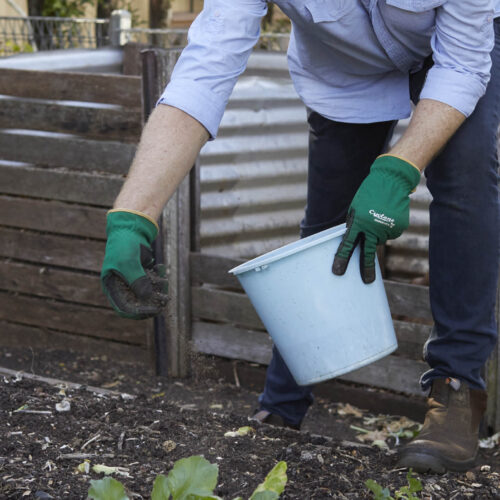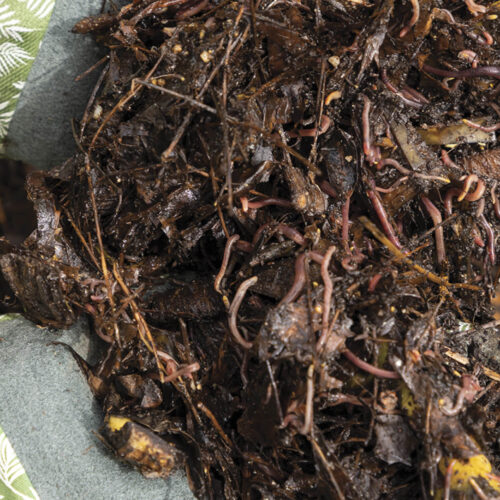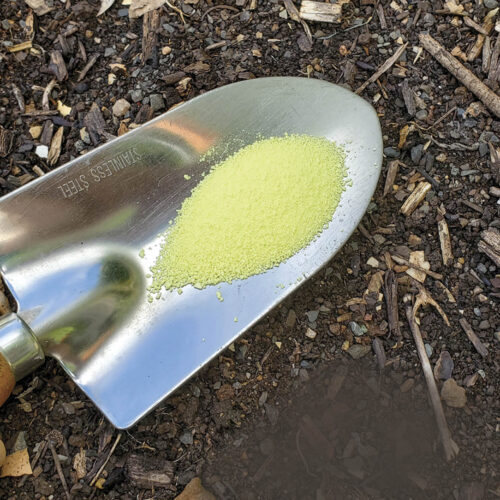What is biochar?
2014-10-27T23:58:19+11:00
PENNY WOODWARD explains biochar and how it can be used.
There are many different soil amendments on the market today and it can be pretty confusing working out how they might benefit your garden, how they can be used and why they work. One that has received a lot of publicity over the last few years, is biochar. Biochar is generally made from agricultural residues, wood waste, manures and weeds that are slowly burned with restricted oxygen. The result is coarse lumps of charcoal which are then crushed. It is simply applied at the rate of two handfuls per square metre, sprinkled over the surface of the soil and then watered in.
Biochar reduces nutrient loss from soils by acting as a high-carbon soil conditioner that increases the water- and nutrient-holding capacity of your soil. This means it is especially useful in pots and raised garden beds as well as regions with high rainfall where nutrients are quickly leached from soil. It also creates habitat for microbes and mycorrhizal fungi which add to soil health, as well as locking carbon into the soil and thus reducing green house gas emissions. In the garden, biochar works best when combined with compost and other organic fertilisers and it tends to be alkaline, so is better in acid soils.
One of the seeming contradictions of biochar is its apparent ability to make clay soils drain more quickly but slow drainage in sandy soils. Research published last month in Plos One by R. T. Barnes et al (Biochar-Induced Changes in Soil Hydraulic Conductivity and Dissolved Nutrient Fluxes Constrained by Laboratory Experiments) gives an explanation for this mystery. Lead author Rebecca Barnes explained that “Understanding the controls on water movement through biochar-amended soils is critical to explaining other frequently reported benefits of biochar.” They have shown that light and porous biochar makes clay less dense so that water flows through it more easily. They have also shown that adding biochar to sandy soil makes it less dense but surprisingly water flow is actually slowed in sandy soils. This is because there are two different water flow paths through biochar and this combined with the fact that biochar promotes absorption, means that water flows more slowly in biochar amended sandy soils.
So no matter your soil type, it makes sense to add some biochar.

